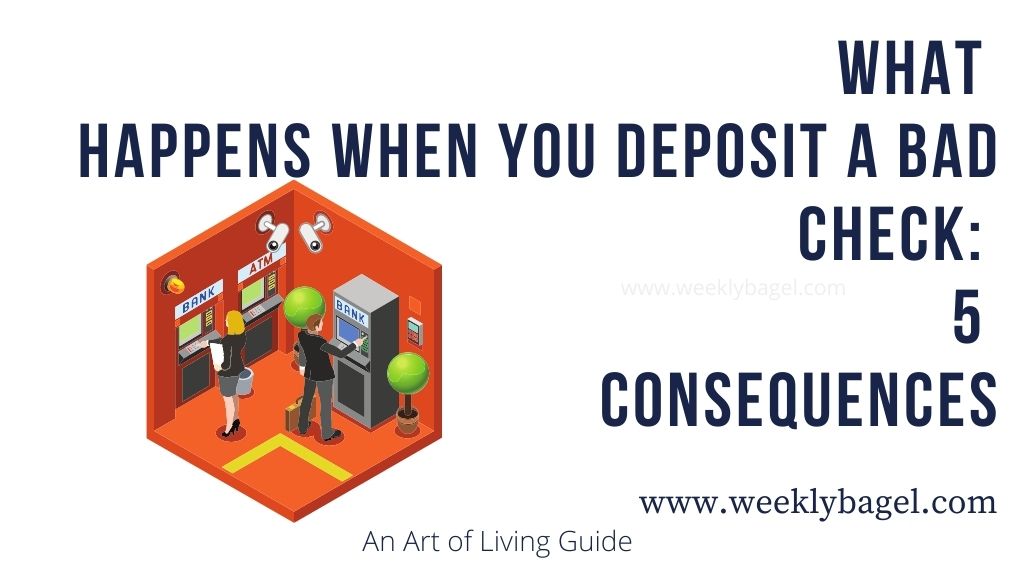
A bad check is a check, which either bounces or fails after you deposit it. It can happen because of insufficient balance or a fake check deposit. When you deposit a bad check and it is found to be fraudulent, there are dire consequences.
This is because a bad check is illegal.
In a previous article, What You Need To Know About Verifying A Check, I explained how you can avoid this mess by verifying a check before cashing it. This is because cashing a bad check at a bank, may cost you financial and physical freedom. Hence, the importance of verifying a check prior to deposit.
To reiterate the importance, cashing a fake check is a check fraud. As long as you do not verify a check prior to deposit, you risk the legal consequences of a bank fraud.
What Happens If Someone Writes You A Bad Check?
Here is what happens when you deposit a bad check.
1. You Will Lose Your Check Deposit Right
A bank can refuse to deposit a check from you. This is especially, when you have a history of depositing a bad check. In fact, your bank can take away your rights to deposit checks. It can last anywhere from a few weeks to months.
How do I know, my good reader?
It has happened to me, when I was in my early twenties. A check bounced on me twice. And the third time, the bank thought I was completely irresponsible. They would not cash my check for a very long time. To be honest, I do not blame them at all.
In retrospect, I see now that I projected financial irresponsibility by depositing bad checks then. As a financial institution, banks want responsible customers. This is because they do not want to lose money from customers, who are easy targets to check scams and bank frauds.
In other words, a bank can suspend your check deposit rights, when you prove to be a risk to them. This is especially each time someone writes you a bad check and you cash it. Hence, why you need to learn how to verify a check before cashing it.
2. You Can Get Convicted and Jailed
You may unintentionally write a bad check or deposit one. In the United States, it is still classified as a fraud. Although not a federal felony, it can be a state felony and misdemeanor. You can be convicted, especially when you intentionally write a bad check for deposit.
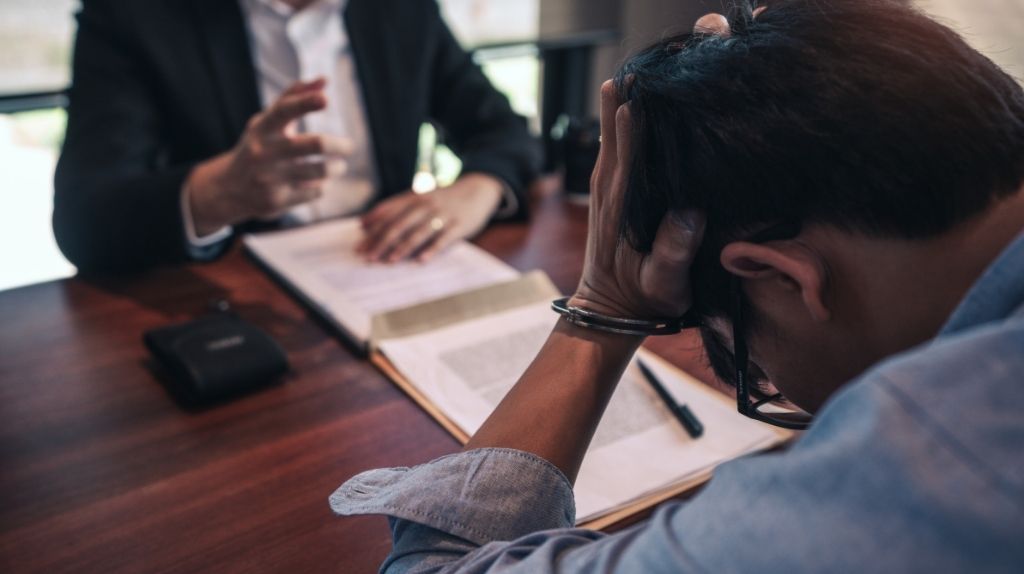
This is because of the damages such a check can do. According to The Wall Street Journal, check frauds make a huge portion of a bank loss. In fact, it costs banks $1.5 billion. It used to be $789 million in 2016. Also, the number of attempted check frauds amount to a whooping $15.1 billion!
As you can see, this is what warrants the punishment for writing a bad check. But, what happens if you deposit a bad check that you did not write?
Well, the check will bounce after verification by the bank. You may not be arrested, if you bounce a check you did not write. But, it depends on your state.
Either way, your bank will take security measures to minimize the chances of it happening again. This is why it is important to get your check verified by its bank, prior to cashing it. It is going to be difficult proving to the law, you did not write the bad check.
Especially, when the check payer does not have a valid account. It is scary, isn’t it?
3. You Will Be Charged Bank Fees For Depositing A Bad Check
Usually, this is what happens if a check bounces after someone deposits it. You get charged a fee. It is called a Non-Sufficient Fund (NSF) fee. And, it ranges from $25 to $40.
This amount is not consistent though. It differs from state to state. Each state has a maximum amount a bank is allowed to charge you. Each American state puts this limit, to avoid your bank ripping you off.
In case of non-payment, your bank account may either be suspend or closed. It is one of the consequences of a bounced check. This is why it is important to verify a check prior to deposit to avoid unnecessary bank fees.
4. You Can Ruin Your Reputation With Your Bank
Cashing a bad check unknowingly, can affect your banking history. For each bank transaction, your bank has a record of it. This is why this is why banks refer to your past bank statements to solve an issue for you. In other words, they want to make sure you do not have history of such a mistake.
What happens if you deposit a bad check into a bank occasionally?
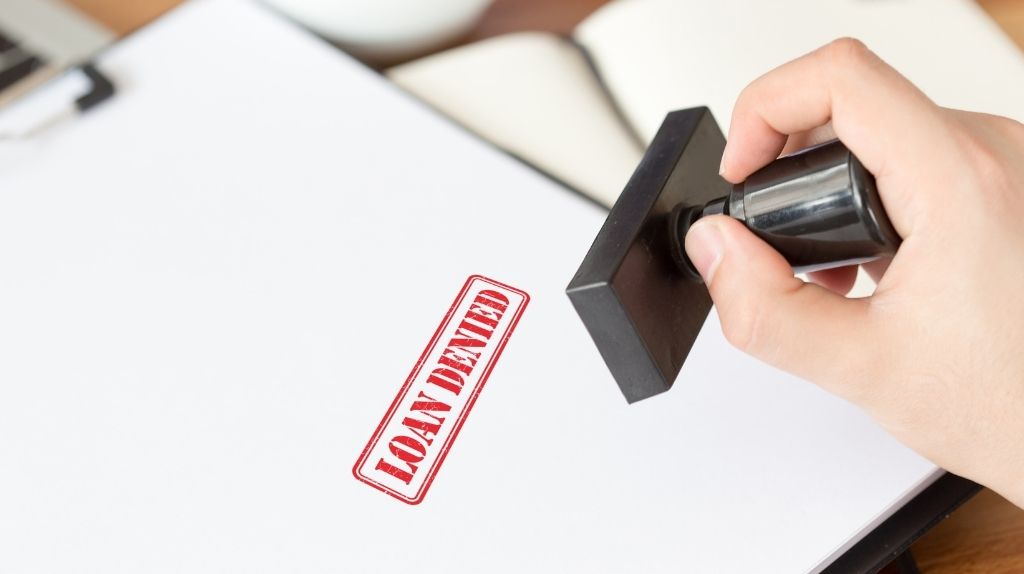
You will be known to the bank as a customer who deposits bad checks. After awhile, it may affect other things the bank can do for you. A good example is borrowing a loan. Or worse, getting a bank’s credit card.
This is because your history will reflect financial irresponsibility. This is whether it is your fault or not. As long as there is a consistent history of depositing bad checks, your banking history will look bad. You do not want this as an adult.
So, please try to avoid cashing a bad check at your bank.
5. Increase In Check Verification Time
When you deposit a check, it takes about two to three business days for the funds to be available. In some banks, the check may be available the same day. Different banks have different check verification systems. And, you can prolong this verification time when you have a habit of depositing bad checks.
Often, this happens when you have a history of check bounces. It is not that your bank is out to get you, but they do it for security reasons.
If this ever happens to you, make sure your next check deposits are verified before you cash them. That way, there will be a history of good check clearance. As a result, your check verification time will be the same as your fellow bank customers.
How Can You Protect Yourself From A Bounced Check?
When a check bounces on you, it does not feel good at all. When I was your age, it made me wonder what my bank thinks of me. This is why I try my best to avoid someone paying me with a personal check, since my bounced checks were personal checks from people. Here are additional things I do to avoid cashing a bounced check.
1. Verify A Check Before You Deposit
A while ago, I wrote an article on what you need to know about verifying a check. I attached a link to this article somewhere in this post. Having said that, always go to the bank that owns the check for verification.
It will do two things for you, my good reader.
Firstly, the payer’s bank can verify whether the check is fake. They will not tell about the bank balance of the payer. But, they will let know the check is good to cash.
Secondly, the bank may cash the check for you. You do not have to cash the check at your bank. You can do it at the payer’s bank. All you need is a legal form of identification. This could be a driver’s license or a national passport. This is the best way to prevent a bounce on a check.
2. Follow Up With Your Bank
In case of a check fraud, follow up with your bank. This is to avoid prosecution, since you do not know how severe the bad check deposit case may be.
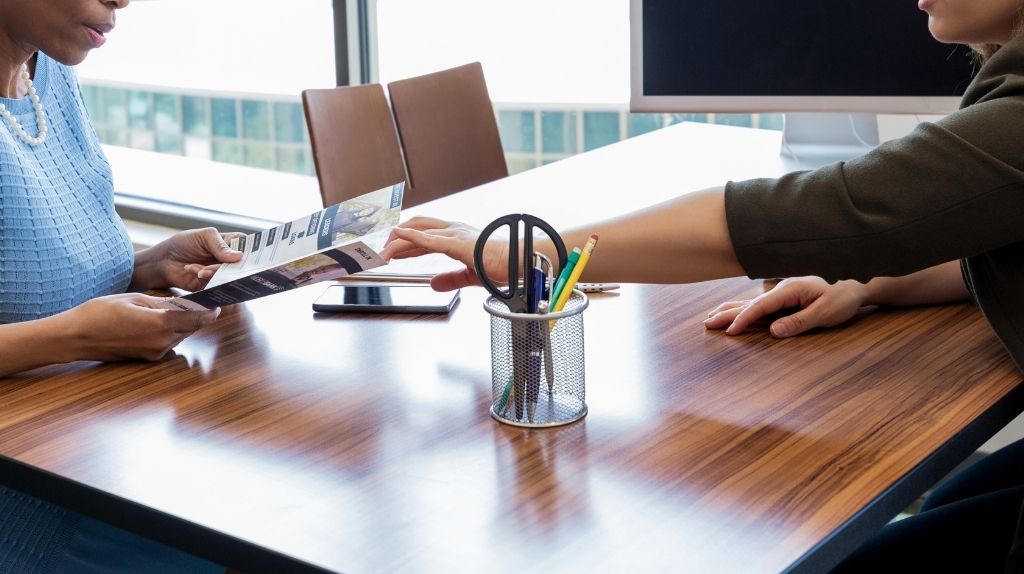
If your bank charges you fees when you deposit a bad check, try to pay the fees as soon as possible. This is because in some states, there is a time limit for you to pay such bank charges before the law steps in. I am not joking here.
Look at it from this perspective below, will you?
In the case of a fraudulent check, the bank cannot tell whether you intentionally wrote it for deposit or not. The bank does not know whether someone writes a bad check and you cash it. So, please follow up with your bank in case of a bad check.
3. Try To Avoid Personal Check As Much As You Can
Personally, the checks which had bounced on me were personal checks. The payers had the same story lines. Usually, they forgot they had insufficient balance.
You would think people will check their account balance before making out a check to you. But, some people do not. In fact, it may not be their faults. Checks take time to clear, sometimes the payers make purchases before then.
Anyways, I learned my lessons. Since I stopped taking personal checks, I have not had a check bounce in years. And, I am almost thirty years old now. This is why I recommend you to avoid personal checks as much as you can.
There are other alternative payments out there. Tell the person to get you a money order, a certified bank check or wire the money. Avoid taking personal checks for services rendered, especially from strangers. There is a high chance it will bounce.
4. Report Fake Checks to Federal Trade Commission(FTC)
The FTC does not joke at all, when it comes to frauds. This commission is tasked with protecting American consumers. In fact, its Consumer Sentinel Network database shows people reporting thousands of fake check scams annually. In 2019 alone, they reported 29, 000 check frauds worth about $28 million. This is according to a Consumer Protection Data Spotlight report.
So, report any check scam to them. It will put you in good light, in case your bad check deposit turns out to be a big problem. In addition, I will advice you to read the article linked above. It has tips on how to spot check scams.
Altogether, this is what happens when you deposit a bad check. All these consequences are avoidable. As long as you protect yourself from a bad check, you will be fine.

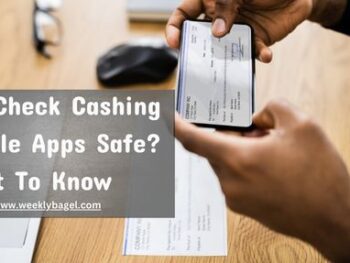

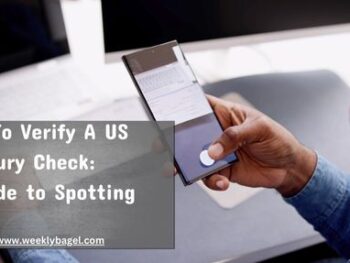
 How To Get Medical School Loans Forgiven In Two Years
How To Get Medical School Loans Forgiven In Two Years